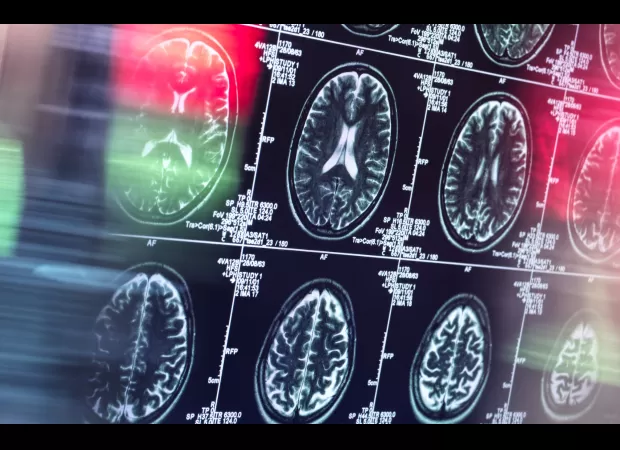Scientists have identified a new form of early-onset Alzheimer's disease caused by genetic factors.
Alzheimer's is the most prevalent type of dementia.

Scientists have recently made a groundbreaking discovery in the field of Alzheimer's disease. Through their research, they have identified a new form of the condition that could potentially help identify individuals who may develop it and allow for earlier treatment. This finding highlights the urgent need for specialized treatment and prevention strategies for Alzheimer's.
The researchers found that individuals who carry two copies of the APOE4 gene variant, known as APOE4 homozygotes, are highly likely to develop Alzheimer's disease. This gene has been previously linked to a higher risk of developing the condition, but the team now believes that 95% of individuals over the age of 65 with two copies of APOE4 will show early signs of the disease. This suggests that this particular genetic form of Alzheimer's is distinct and may require different treatment approaches.
It is worth noting that not everyone with the APOE4 gene will develop Alzheimer's, and individuals should not undergo genetic testing for this gene at this time. However, the findings of this study are based on clinical data from over 10,000 people and pathological data from more than 3,000 brain donors, making them highly significant.
For those unfamiliar with Alzheimer's disease, it is the most common cause of dementia in the UK. Dementia is a term used to describe a group of symptoms that result from a decline in brain function. This can include memory loss, difficulty thinking, and other mental abilities. In the early stages of Alzheimer's, individuals may experience forgetfulness, misplacing items, trouble finding the right words, and repetitive questioning. As the condition progresses, symptoms can worsen and include confusion, obsessive behavior, and changes in sleep patterns.
The study, published in the journal Nature Medicine, has shed light on the role of the APOE4 gene in Alzheimer's disease. Dr. Juan Fortea, a director at the Sant Pau Research Institute in Barcelona, Spain, explains that while this gene has been known for over 30 years, it is now understood that virtually everyone with this gene will develop Alzheimer's biology. This highlights the need for specialized research and treatment strategies for those with this genetic form of the disease.
Dr. Reisa Sperling, a professor in neurology at Harvard Medical School, adds that this research suggests the importance of treating APOE4 carriers at a younger age and earlier stage of the disease. This is because they are highly likely to progress to impairment quickly. She also notes that these individuals may feel desperate as they have seen Alzheimer's disease affect both of their parents.
It is worth noting that while mutations in three other genes are known to cause a rare form of Alzheimer's, APOE is one of many other genes associated with the condition. Everyone carries two copies of the APOE gene, inherited from each parent. Previous studies have shown that having one copy of the APOE4 variant increases the risk of Alzheimer's, while having two copies can increase it up to twelve-fold.
In this current research, the team found that individuals with two copies of APOE4 showed signs of the disease by the age of 55, much earlier than those with other gene variants. By the age of 65, 95% of these individuals had abnormal levels of amyloid protein in their brain and spinal cord fluid, a key sign of Alzheimer's. This is seven to 10 years earlier than individuals with other APOE variants.
Experts caution against individuals undergoing genetic testing for APOE at this time, except for research purposes. However, they acknowledge that this may change in the future. Alzheimer's UK is currently funding research to better understand why the APOE4 gene increases the risk of the disease.
Dr. Richard Oakley, Alzheimer's Society's associate director of research and innovation, recognizes the importance of this study in potentially identifying a new form of Alzheimer's disease. He also notes that in the future, a person's genetics may be taken into account when considering their risk or treatment for Alzheimer's. This study highlights the need for continued research and support for those affected by this devastating disease.
33 Views


